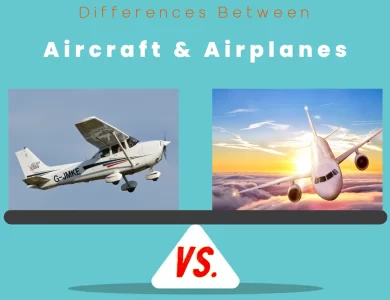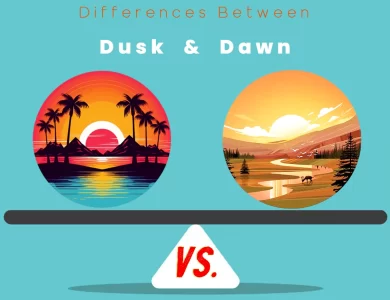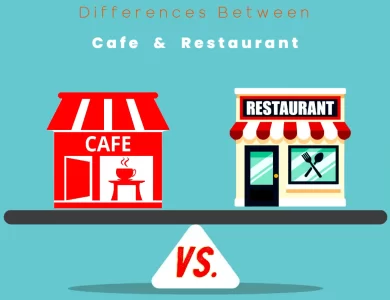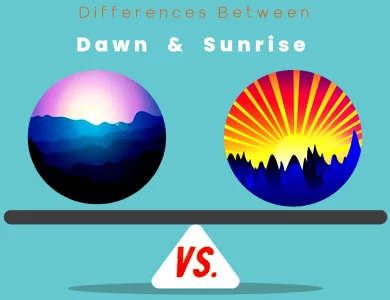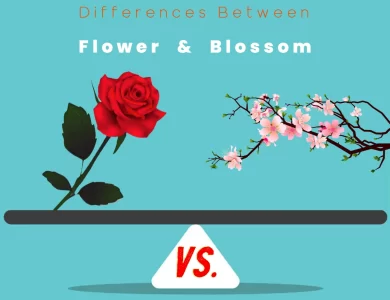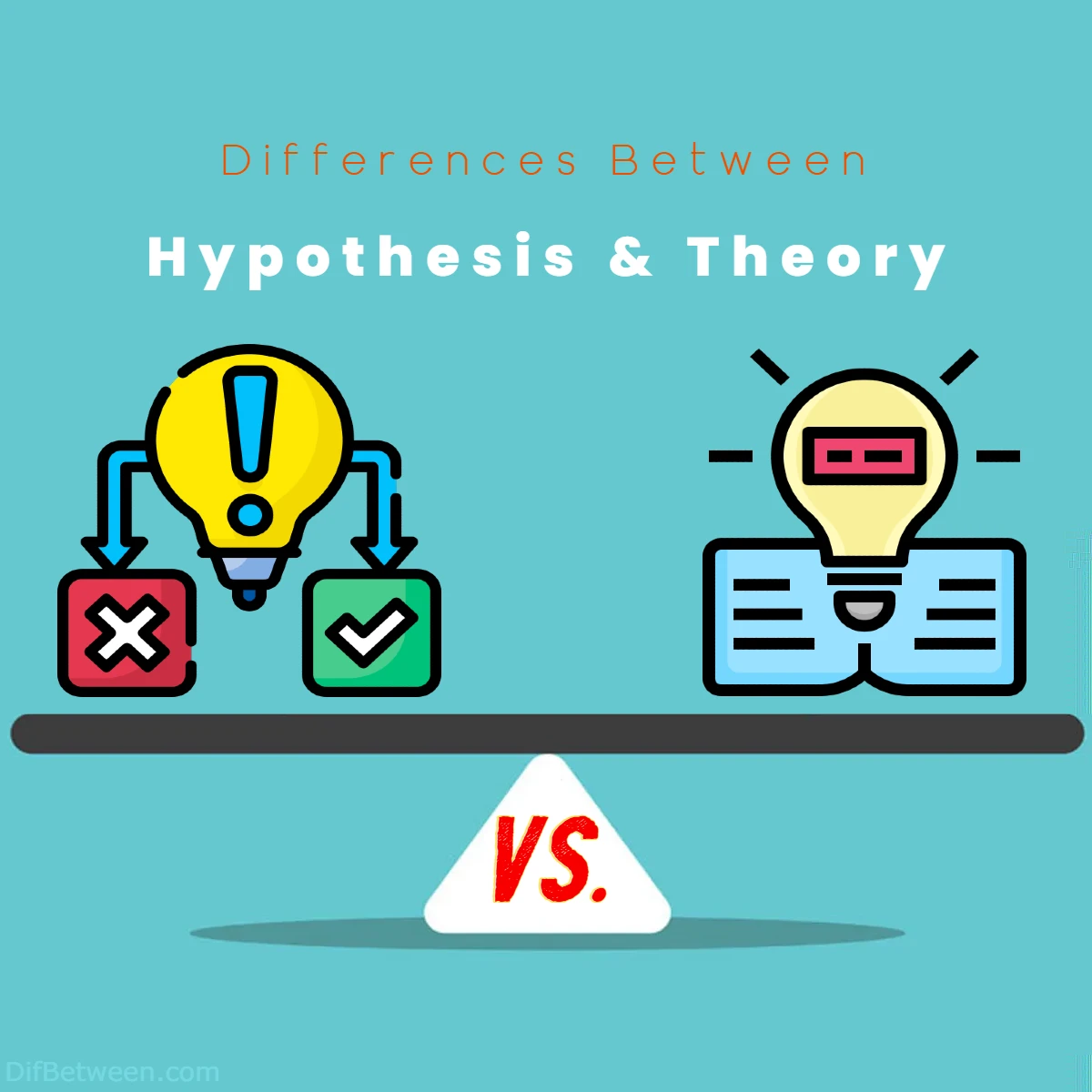
| Aspect | Hypothesis | Theory |
|---|---|---|
| Nature of Statement | Specific, testable explanation for a phenomenon. | Comprehensive, general explanation for phenomena. |
| Scope | Narrow, addressing a specific aspect. | Broad, encompassing a range of related phenomena. |
| Level of Support | Preliminary, requires testing and validation. | Strongly supported by extensive empirical evidence. |
| Falsifiability | Must be falsifiable, subject to testing. | Not easily falsifiable, subject to refinement. |
| Examples | “If X is changed, then Y will happen.” | Theory of relativity, theory of evolution, etc. |
| Role in Scientific Process | Initiates research, guides experimentation. | Summarizes and explains a body of scientific knowledge. |
| Evolution Over Time | Subject to revision or rejection with new evidence. | Can evolve but remains foundational in its field. |
| Communication | Concise and easily communicable to other scientists. | Complex and may require in-depth understanding. |
| Examples in Different Fields | Physics, chemistry, biology, etc. | Physics, biology, psychology, etc. |
| Interdisciplinary Nature | Often specific to one field. | Can have applications across multiple disciplines. |
| Level of Certainty | Lower, as it requires testing and validation. | Higher, as it is well-supported by evidence. |
| Hypothesis Testing | Involves experimentation or data collection. | Involves further research and exploration. |
| Language Usage | Typically uses conditional language (if-then). | Uses more definitive language to describe principles. |
| Common Misconceptions | May be mistaken for a guess or hunch. | May be seen as a proven hypothesis (it is not). |
| Historical Examples | Lavoisier’s combustion hypothesis. | Einstein’s theory of general relativity. |
| Scientific Paradigm Shifts | Contributes to incremental changes. | Can lead to major shifts in scientific understanding. |
| Peer Review and Publication | Less commonly the focus of peer-reviewed papers. | More likely to be central in peer-reviewed publications. |
| Educational Emphasis | Emphasized in introductory science courses. | Introduced at more advanced educational levels. |
| Relation to Laws | Distinct from scientific laws. | Can encompass and explain scientific laws. |
Picture a scientist in a lab coat, armed with a question and a desire to understand the mysteries of the universe. Now, imagine them taking that first step into the unknown, armed not with answers, but with a hypothesis—a spark of curiosity that ignites the quest for knowledge. But how does this hypothesis differ from the grand tapestry of scientific understanding that we call a theory? That’s precisely what we’re here to explore.
Differences Between Hypothesis and Theory
The main differences between Hypothesis and Theory lie in their nature and role in scientific inquiry. A Hypothesis is a specific, testable proposition that serves as a starting point for research, often based on preliminary observations. It is subject to testing, revision, or rejection as new evidence emerges. In contrast, a Theory is a comprehensive, well-supported explanation for a wide range of related phenomena within a specific field. Theories are built upon a foundation of extensive empirical evidence and are not easily falsified. While hypotheses initiate scientific exploration, theories represent the pinnacle of scientific understanding, providing overarching frameworks for making sense of the natural world.
Defining Hypotheses and Theories
Hypothesis: A Tentative Proposition
A hypothesis is like a spark in the dark, a small yet essential flicker of scientific curiosity. It’s a statement that proposes a potential explanation for a specific phenomenon or question. Hypotheses are crafted based on existing knowledge, observations, and initial data. They serve as a starting point for further investigation and experimentation in the scientific method.
Characteristics of a Hypothesis:
- Testable: A hypothesis must be formulated in a way that allows it to be tested through experiments or observations. If it cannot be tested, it remains a conjecture rather than a scientific hypothesis.
- Falsifiable: For a hypothesis to be scientifically meaningful, it should be possible to prove it false. In other words, there should be a way to demonstrate that the proposed explanation is incorrect.
- Specific: Hypotheses are typically narrow in scope, focusing on a particular aspect of a broader question or problem. They aim to address specific phenomena or relationships.
- Temporary: Hypotheses are not set in stone. They are subject to revision or rejection as new evidence and data emerge during the research process.
- Concise: A hypothesis is usually a concise statement that outlines the expected outcome or relationship between variables.
Here’s a simple example to illustrate the concept of a hypothesis:
Hypothesis: “If the amount of sunlight a plant receives is increased, it will grow taller.”
In this case, the hypothesis proposes a cause-and-effect relationship between sunlight and plant growth, making it testable and falsifiable.
Theory: A Comprehensive Explanation
A theory, on the other hand, is the grand narrative of science, the culmination of years, if not centuries, of rigorous research and testing. It represents a well-substantiated and comprehensive explanation of a natural phenomenon. Theories are the crown jewels of science, built upon a foundation of numerous confirmed hypotheses and extensive empirical evidence.
Characteristics of a Theory:
- Supported by Evidence: The core feature of a theory is that it is supported by a vast body of empirical evidence. This evidence can come from experiments, observations, and the successful testing of numerous hypotheses.
- Broad in Scope: Unlike hypotheses, which are specific and limited in scope, theories are broad and encompassing. They provide a framework for understanding a wide range of related phenomena.
- Predictive: Theories not only explain existing data but also have predictive power. They can be used to make predictions about future events or observations.
- Dynamic: Theories are not static; they evolve over time as new evidence emerges. They are open to revision and refinement.
- Consensus Among Scientists: The acceptance of a theory in the scientific community generally requires a high degree of consensus among experts in the field.
Let’s consider the theory of evolution as an example. It explains the diversity of life on Earth through mechanisms like natural selection and genetic variation. The theory of evolution is supported by a vast body of evidence from fields such as paleontology, genetics, and comparative anatomy, making it a cornerstone of biology.
The Functions of Hypotheses and Theories
Hypotheses: Paving the Way for Discovery
Hypotheses serve as the first step in the scientific journey. They are the sparks that ignite the process of inquiry. Here are some of the key functions of hypotheses:
- Guiding Research: Hypotheses provide a clear direction for scientific research. They help researchers focus their efforts on specific questions or phenomena of interest.
- Testing Ideas: Hypotheses enable scientists to test their ideas and predictions through experimentation or observation. This testing process is essential for validating or refuting proposed explanations.
- Generating Predictions: A well-constructed hypothesis generates testable predictions. These predictions serve as benchmarks for assessing the hypothesis’s validity.
- Driving Exploration: Hypotheses encourage exploration and curiosity. They inspire researchers to delve deeper into a particular subject matter to gather evidence and draw conclusions.
- Facilitating Communication: Hypotheses are concise statements that can be easily communicated to other scientists, facilitating collaboration and the exchange of ideas.
Theories: Unifying the Complex
While hypotheses initiate scientific inquiry, theories play a different role in the scientific landscape. They are the ultimate goal, the treasure at the end of the scientific quest. Here are the primary functions of theories:
- Explaining Phenomena: Theories provide comprehensive and coherent explanations for complex natural phenomena. They bring order and understanding to the chaos of observations.
- Organizing Knowledge: Theories serve as frameworks for organizing and integrating existing knowledge. They help scientists make sense of a vast array of data and observations.
- Making Predictions: The predictive power of theories is a hallmark feature. They not only explain past and present observations but also allow scientists to make predictions about future events or discoveries.
- Guiding Research: Theories guide further research by suggesting new questions, hypotheses, and experiments. They are like roadmaps for exploring the unknown.
- Inspiring Confidence: The acceptance of a theory by the scientific community signifies a high level of confidence in its validity. This confidence can lead to advancements in related fields.
In essence, hypotheses and theories are interconnected in the scientific process. Hypotheses are the seeds from which theories may eventually grow. Successful hypotheses, supported by substantial evidence, contribute to the development of robust scientific theories.
Key Differences Between Hypotheses and Theories
Now that we have a clear understanding of what hypotheses and theories are and their respective functions, let’s delve into the key differences that set them apart.
1. Nature of Statement
- Hypothesis: Hypotheses are specific, testable statements that propose a potential explanation for a particular phenomenon. They are often formulated as “if-then” statements.
- Theory: Theories are comprehensive and broad explanations that encompass a wide range of related phenomena. They are not specific to a single observation or question.
2. Scope
- Hypothesis: Hypotheses have a narrow scope and focus on addressing a specific aspect of a larger question or problem.
- Theory: Theories have a broad scope, providing a framework for understanding a wide range of related phenomena within a particular field of study.
3. Level of Support
- Hypothesis: Hypotheses are preliminary and require testing and validation through experimentation or observation. They may or may not be supported by evidence.
- Theory: Theories are strongly supported by a substantial body of empirical evidence. They have withstood extensive testing and scrutiny.
4. Falsifiability
- Hypothesis: Hypotheses must be falsifiable, meaning there should be a way to demonstrate that the proposed explanation is false.
- Theory: Theories are not typically falsifiable in the same way as hypotheses. Instead, they are subject to revision and refinement in response to new evidence.
5. Examples
- Hypothesis: “If the temperature of water is increased, it will boil at a lower pressure.” This is a specific, testable hypothesis.
- Theory: The theory of relativity, proposed by Albert Einstein, is a broad and comprehensive explanation of the relationship between space, time, and gravity.
6. Role in Scientific Process
- Hypothesis: Hypotheses initiate the scientific process by providing a starting point for investigation. They guide research and experimentation.
- Theory: Theories represent the culmination of the scientific process, summarizing and explaining a vast body of knowledge and evidence.
7. Evolution Over Time
- Hypothesis: Hypotheses are temporary and can be revised or rejected as new evidence emerges during the research process.
- Theory: Theories are dynamic and can evolve over time as new evidence is incorporated, but they are not easily discarded.
8. Communication
- Hypothesis: Hypotheses are concise and can be easily communicated to other scientists, facilitating collaboration and discussion.
- Theory: Theories are complex and may require in-depth understanding of a field to communicate effectively.
9. Examples in Science
- Hypothesis: “If plants receive more sunlight, they will grow taller.” This hypothesis can be tested through experiments.
- Theory: The theory of plate tectonics explains the movement of Earth’s lithospheric plates and the formation of continents and oceans.
10. Acceptance in the Scientific Community
- Hypothesis: Hypotheses are individual proposals and may or may not gain widespread acceptance in the scientific community.
- Theory: Theories are well-established and widely accepted explanations that have withstood rigorous testing and scrutiny by the scientific community.
11. Origin
- Hypothesis: Hypotheses often arise from initial observations, curiosity, or the need to explain a specific phenomenon. They are the product of a researcher’s imagination and critical thinking.
- Theory: Theories are typically the result of extensive research and testing over time. They emerge after multiple hypotheses have been confirmed and integrated into a cohesive framework.
12. Purpose
- Hypothesis: The primary purpose of a hypothesis is to propose a potential explanation for a specific phenomenon and guide empirical investigation. It aims to answer a particular question.
- Theory: The primary purpose of a theory is to provide a comprehensive and general explanation for a broad range of related phenomena. It serves as a foundational framework for understanding the natural world.
13. Inference
- Hypothesis: Hypotheses are often based on limited initial data or observations. They involve inference and speculation, which must be tested to draw valid conclusions.
- Theory: Theories are built on a vast body of confirmed evidence and data. They rely on a strong foundation of empirical support rather than inference alone.
14. Examples in Different Fields
- Hypothesis: In physics, a hypothesis might be: “If the force applied to an object increases, its acceleration will also increase.”
- Theory: In psychology, the theory of cognitive development proposed by Jean Piaget explains how children acquire knowledge and develop cognitive abilities over time.
15. Interdisciplinary Nature
- Hypothesis: Hypotheses are often specific to a particular field of study and may not have direct relevance to other disciplines.
- Theory: Theories can have interdisciplinary applications and may contribute to our understanding of various fields. For example, the theory of evolution has implications in biology, anthropology, and ecology.
16. Level of Certainty
- Hypothesis: Hypotheses are associated with a lower level of certainty because they are preliminary and subject to testing and revision.
- Theory: Theories are associated with a higher level of certainty because they have withstood rigorous testing and scrutiny, gaining acceptance within the scientific community.
17. Hypothesis Testing
- Hypothesis: Testing a hypothesis involves designing experiments or gathering data to determine whether the proposed explanation is supported or refuted.
- Theory: Testing a theory often involves further research, experimentation, and observation to explore its predictions and implications in various contexts.
18. Language Usage
- Hypothesis: Hypotheses are typically expressed in conditional language, such as “if-then” statements. They convey a sense of uncertainty.
- Theory: Theories are expressed as comprehensive explanations, using more definitive language to describe established principles and relationships.
19. Common Misconceptions
- Hypothesis: One common misconception is equating a hypothesis with a guess or hunch. While hypotheses are speculative, they are informed by existing knowledge and designed for testing.
- Theory: A common misconception is that a theory is merely a hypothesis that has been proven true. In reality, theories are much more complex and encompassing.
20. Historical Examples
- Hypothesis: Antoine Lavoisier’s hypothesis that “combustion is a chemical reaction involving the combination of a substance with oxygen” led to the formulation of the Law of Conservation of Mass.
- Theory: Albert Einstein’s theory of general relativity revolutionized our understanding of gravity and was confirmed through experiments, such as the famous Eddington eclipse expedition.
21. Evolution Over Time (Revisited)
- Hypothesis: Hypotheses are often short-lived, as they may be confirmed, modified, or rejected relatively quickly during the research process.
- Theory: Theories may persist for extended periods and undergo revisions and refinements as new evidence emerges. They provide enduring frameworks for understanding the natural world.
22. Scientific Paradigm Shifts
- Hypothesis: Hypotheses can contribute to incremental changes in scientific understanding within a specific field.
- Theory: Theories can lead to paradigm shifts, fundamentally altering the way scientists perceive and study a particular phenomenon. Examples include the shift from the geocentric to the heliocentric model of the solar system.
23. Peer Review and Publication
- Hypothesis: Hypotheses are less commonly the subject of peer-reviewed publications. They are often embedded within research papers that focus on experimental results.
- Theory: Theories are more likely to be the central focus of peer-reviewed publications, as they represent significant contributions to scientific knowledge.
24. Educational Emphasis
- Hypothesis: Hypotheses are often emphasized in introductory science courses as a way to teach the scientific method and critical thinking.
- Theory: Theories are introduced at a more advanced level of education when students have a deeper understanding of the scientific process and the accumulation of evidence.
25. Relation to Laws
- Hypothesis: Hypotheses are distinct from scientific laws. Laws describe observable patterns or relationships in nature without providing explanations.
- Theory: Theories can encompass and explain the principles described by scientific laws. For example, the theory of gravitation explains the principles described by Newton’s law of universal gravitation.
In essence, hypotheses and theories are fundamental components of the scientific endeavor, each with its unique role and characteristics. While hypotheses initiate the exploration of specific questions and potential explanations, theories represent the highest level of scientific understanding, offering comprehensive and well-supported explanations for the natural world. The distinction between these two concepts is crucial for maintaining clarity and precision in scientific discourse and research.
FAQs
A hypothesis is a specific, testable statement that proposes a potential explanation for a particular phenomenon or question. It serves as a starting point for scientific research, guiding experiments and observations.
A theory is a comprehensive and well-supported explanation for a wide range of related phenomena within a specific field. It represents the culmination of rigorous research and is based on a substantial body of empirical evidence.
Hypotheses have a narrow scope, addressing specific aspects of a larger question. Theories, on the other hand, have a broad scope, offering frameworks for understanding a wide range of related phenomena.
Yes, hypotheses can be revised or rejected as new evidence emerges during the research process. Theories can also evolve and be refined, but they remain foundational in their respective fields.
Hypotheses are less commonly the focus of peer-reviewed papers, while theories are more likely to be central in peer-reviewed publications, as they represent significant contributions to scientific knowledge.
Hypotheses initiate scientific research by providing a starting point for investigation and experimentation. Theories, in contrast, summarize and explain a vast body of scientific knowledge and provide a framework for understanding natural phenomena.
No, theories and laws are distinct concepts. Theories provide explanations for natural phenomena, whereas laws describe observable patterns or relationships without offering explanations.
Certainly! A hypothesis example is: “If the temperature of water is increased, it will boil at a lower pressure.” An example of a theory is the theory of evolution, which explains the diversity of life on Earth through mechanisms like natural selection and genetic variation.
Understanding these differences is essential for clarity in scientific communication and research. It allows scientists to navigate the scientific process effectively and distinguishes between preliminary explanations and well-established frameworks.
Hypotheses guide initial research, while successful ones can contribute to the development of theories. Theories, in turn, represent the pinnacle of scientific understanding and drive further exploration, research, and discovery.
Read More:
Contents
